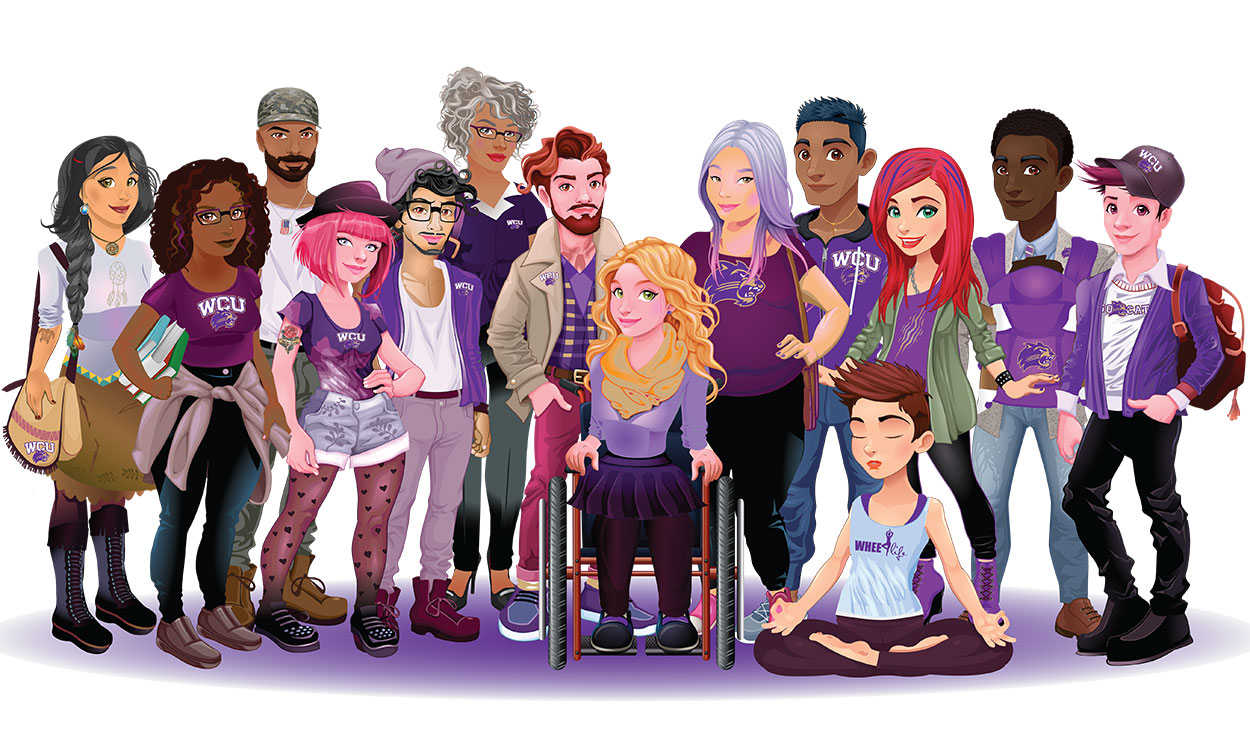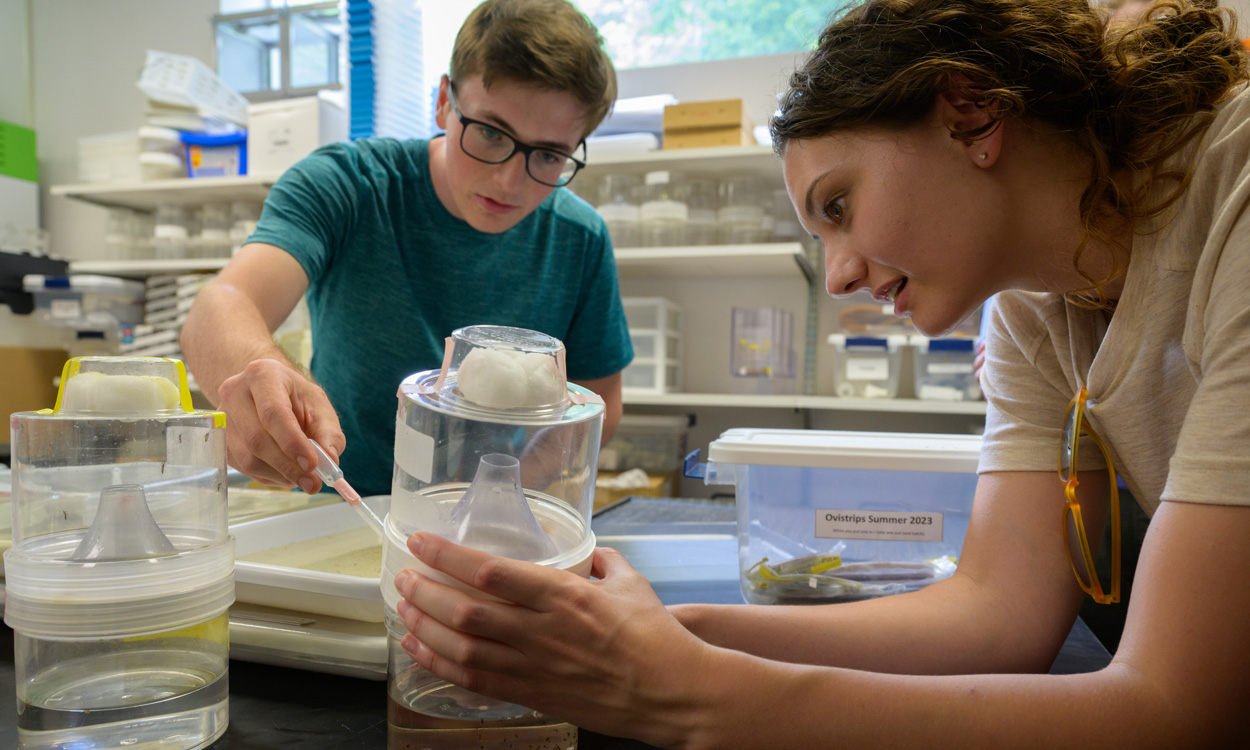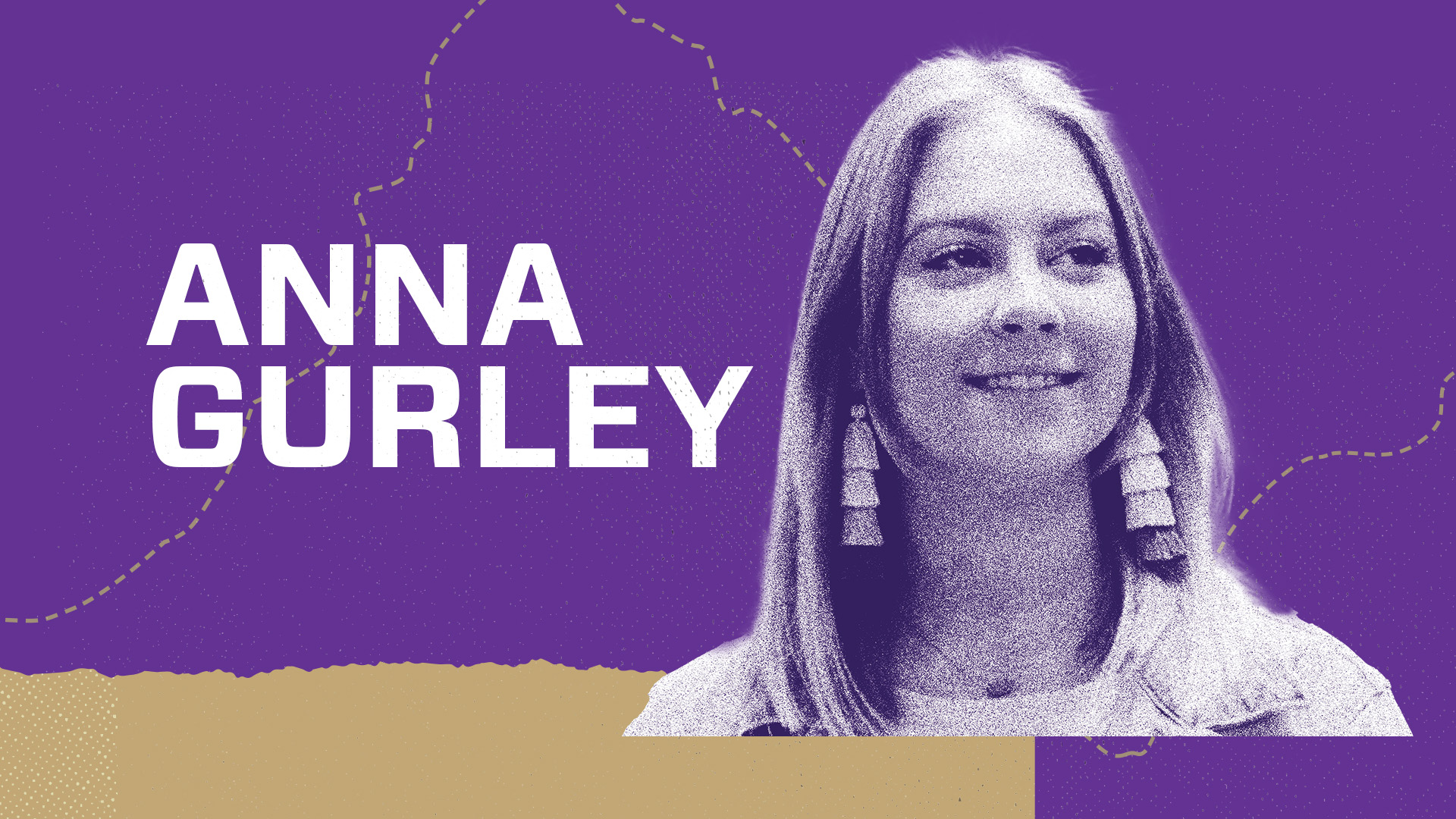CAPS finds way to ‘meet students’ with award-winning videos

Realizing that it was time to come up with a more effective way to reach additional students, Kim Gorman, director of Western Carolina University’s Counseling and Psychological Services (CAPS), and her staff decided to meet students where they were – on YouTube.
After presenting a proposal to the University of North Carolina System, CAPS received an $18,000 grant to produce 10 self-help videos for students. Not only have those videos been wildly successful with students, but they recently garnered national attention, winning the Association of University and College Counseling Centers and Directors’ Media Award.
“It’s so meaningful in so many ways,” Gorman said of winning the award. “I think it was just an attestation to the hard work that we put into it, just the acknowledgement of the impact that we wanted it to have in terms of assisting students with their mental health needs. What an incredible team of individuals that work here who are willing to use creativity to reach students.”
Acknowledging that students access information quickly, easily and readily, Gorman and her staff realized that web-based videos would be the perfect platform to reach them. They also realized it needed to be presented in a creative and engaging way.
The first step was to identify some of the concerns students have. Gorman, CAPS assistant director Betsy Aspinwall and counselor Paula Demonet decided to focus on 10 themes. Collectively, they wrote the scripts for each video, based on research literature on the affective practice, Gorman said.
The 10 topics selected were:
- Wellness 101 – An examination of the seven elements of wellness and how they can have an effect on your life.
- The Happiness Trap - Working through popular ideas about happiness that really just make us miserable.
- Mindfulness – How to engage in mindful practices.
- 4 Fabulous Skills For Depression And Anxiety – Features simple skills to assist individuals in coping with depression and anxiety.
- Perfectionism – Teaches the differences between perfectionism and healthy achievers.
- A Better Night’s Sleep – Teaches how to have good sleep practices.
- Motivation – Learn skills to motivate yourself.
- Navigating Difficult Conversation – How to approach someone to talk about an issue that might be uncomfortable.
- Self-esteem – Ways to improve how you think about yourself.
- Crisis Situation Skills – Three things to help you navigate crisis situations and avoid making a tough situation worse.
Once the scripts were written, CAPS turned to a pair of campus collaborators for help. Eric Smith, a tech support analyst with the Department of Information Technology, filmed, edited and produced the videos. Carol Barnao, a Division of Student Affairs graphic designer, developed characters that Gorman affectionately named “Mountain Hipsters” for the videos.
“My goal, and I know CAPS’ goal for this project, was to make these characters as inclusive and accurate as possible to represent the diverse student body at WCU,” Barona said.
The characters include various races and ethnic groups, different body types, a military student, a parent and an older student, among others.
The feedback from students has been positive Gorman said. Since they became available in September 2018 on both YouTube and the CAPS’ website, the videos have had nearly 1,500 views, Gorman said.
“Our counselors recommend them to ongoing clients,” she said. “Those that come back will say, ‘That was really good. I’ve watched it a couple of times.’ We’ve heard other professors who use them in their classes. We use them in some of our outreaches. Students have really responded well to the characters, the Mountain Hipsters. They seem to identify with those folks, so that’s good, too.
“It’s Western homegrown, and it’s Western through and through. We’ve had other universities contact us and say, ‘Can we show these?’ We’ll say, ‘Of course you can,’ but the references we have in many of them are Western references. We did that intentionally so that students would know we did this for them.”
“My goal, and I know CAPS’ goal for this project, was to make these characters as inclusive and accurate as possible to represent the diverse student body at WCU...”
While the grant covered only the first 10 videos, CAPS has filmed another one called “Everybody Matters” that has not been released yet. As stipulated in the grant, CAPS will continue to produce one video per semester, Gorman said.
“I would say we could easily do 10 more,” Gorman said. “It’s become part of the way we think about getting information out to students.
WCU is not the first institution to produce self-help videos, but Gorman said she has not seen any use the intentional integration of the various characters, nor has she seen a series as comprehensive as theirs.
To market the videos, CAPS staff members have made posters featuring the Mountain Hipsters that list all of the videos. The posters have been displayed in the residence halls and provided to professors to display in the academic buildings.
Gorman said the project also has led to a “Health Moments” spot on WCU’s campus radio station, WWCU-FM 90.5.
Learn more about Counseling and Psychological Services and watch the self-help videos here.

